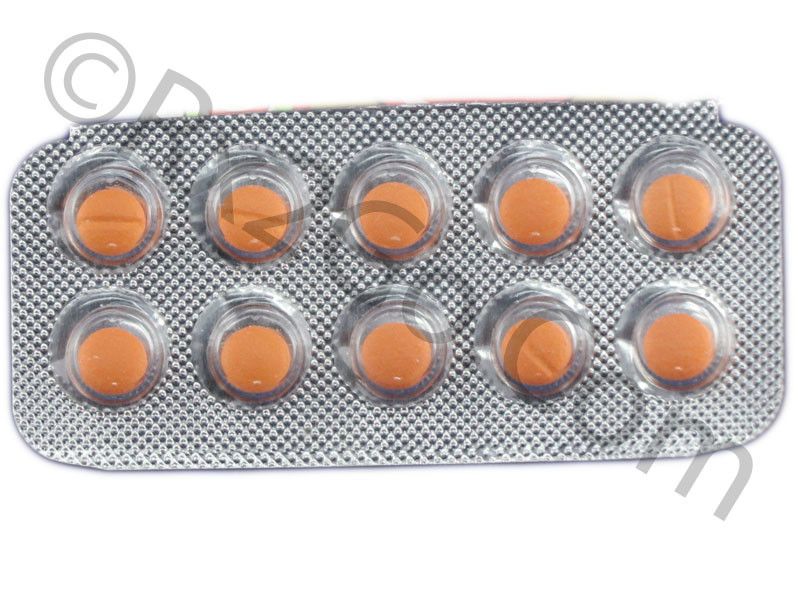Medication to Treat High Blood Pressure and Heart Failure

Carvedilol is a third generation noncardio-selective beta blocker. It was originally used to treat hypertension. But later studies show that it has efficacy in many other disease processes. It also acts as alpha-blocker and antioxidants. Recent studies show the benefits of the use of beta-blocker therapy in a number of patients with heart failure.
Carvedilol is the first labeled beta blocker in the United States for the treatment of Hypertension and Heart failure. It was approved in the U.S. in 1995.
How does Carvedilol work?
Carvedilol is in a group of drugs called β-blockers. These drugs affect the heart and the circulation (blood flow through vein and arteries). It also acts as i. α- adrenergic receptor.
- Non-selective β 1 and β 2-adrenergic receptor.
- An antioxidant.
Beta-adrenergic receptors send the message to the heart muscle (arteries) to contract and push the blood out of the heart and around the body. Carvedilol blocks the action of this natural substance in your body. The drug reversibly binds and blocks the β adrenergic receptors on arteries. This cause artery to relax and the blood pressure to fall. All this reduces the heart’s rate and force of contraction. Thus the workload of the heart and the oxygen demand decreases. It also lowers the blood pressure.
What are the uses of the Carvedilol?
- Carvedilol alone acts as
- α- adrenergic receptor.
- Non-selective β 1 and β 2-adrenergic receptor.
- An antioxidant.
- Treats high blood pressure and heart failure.
- Used after a heart attack that has caused your heart not to pump as well.
- Used in the treatment of heart failure along with other medication.
- Helps to reduce heartbeat.
- Relieves stress placed on the heart and blood vessels due to hypertension.
- Protect you from a heart attack and stroke.
- Relaxes the blood vessel and allows easy blood flow.
How to take Carvedilol?
It is available in the form of a tablet of different strengths.
Strength-3.125 mg, 6.25 mg 12.5 mg or 25 mg.
The period of dose and the quantity depends on
- Your age.
- The condition being treated.
- How severe is the condition?
- Your reaction to the first dose.
Dosage:
- Adult (18 years and above): Initial dose is 3.125 mg every 12 hours for 2 weeks. It may be increased every 2 weeks as tolerated to 6.25 mg 12.5 mg or 25 mg two times in a day. Take the tablet with the food.
- Maximum dose: 50 mg two times a day in patients with mild to moderate heart failure (weighing over 85 kg).
- Children (ages 0 to 17 years): A safe and effective dose haven’t established for this age group.
What are the precautions in taking Carvedilol?
- It is necessary to take precaution under certain conditions. Tell your doctor if you have/are
- Pregnant
- Breastfeeding
- Allergy to Carvedilol or ingredient in it.
- Rashes/hives
- Itching
- Peeling skin
- Fever
- Other symptoms like
- Swelling of your mouth or its other parts like tongue, lips etc.
- Problems breathing or chest tightness.
- Chronic bronchitis.
- Hyperactive thyroid
- Severe liver problems
- Kidney problems.
- Avoid alcohol with Carvedilol. It can decrease your blood pressure lower than normal.
Cost of Carvedilol (Generic and Brand):
Basic active ingredients in generic and brand drugs are the same. But though the cost differs. The generic medicine is cheaper than the brand ones. The increased cost is due to the brand name of the company, packaging and the pricing.
Cost of pack of 30 tablets of Carvedilol.
- 125 mg and 6.25 mg costs $ 5, per unit cost is $0.17.
- 25 mg cost $ 10, per unit cost is $ 0.33.
- 25 mg costs $ 19, per unit cost is $0.63.
Cost of pack of 30 tablets of Brand Coreg.
- Pack of 100 tablets of all the strength (3.125 mg, 6.25 mg 12.5 mg, and 25 mg) costs $ 485.57. Per unit cost of each strength of tablet is $ 4.86.



